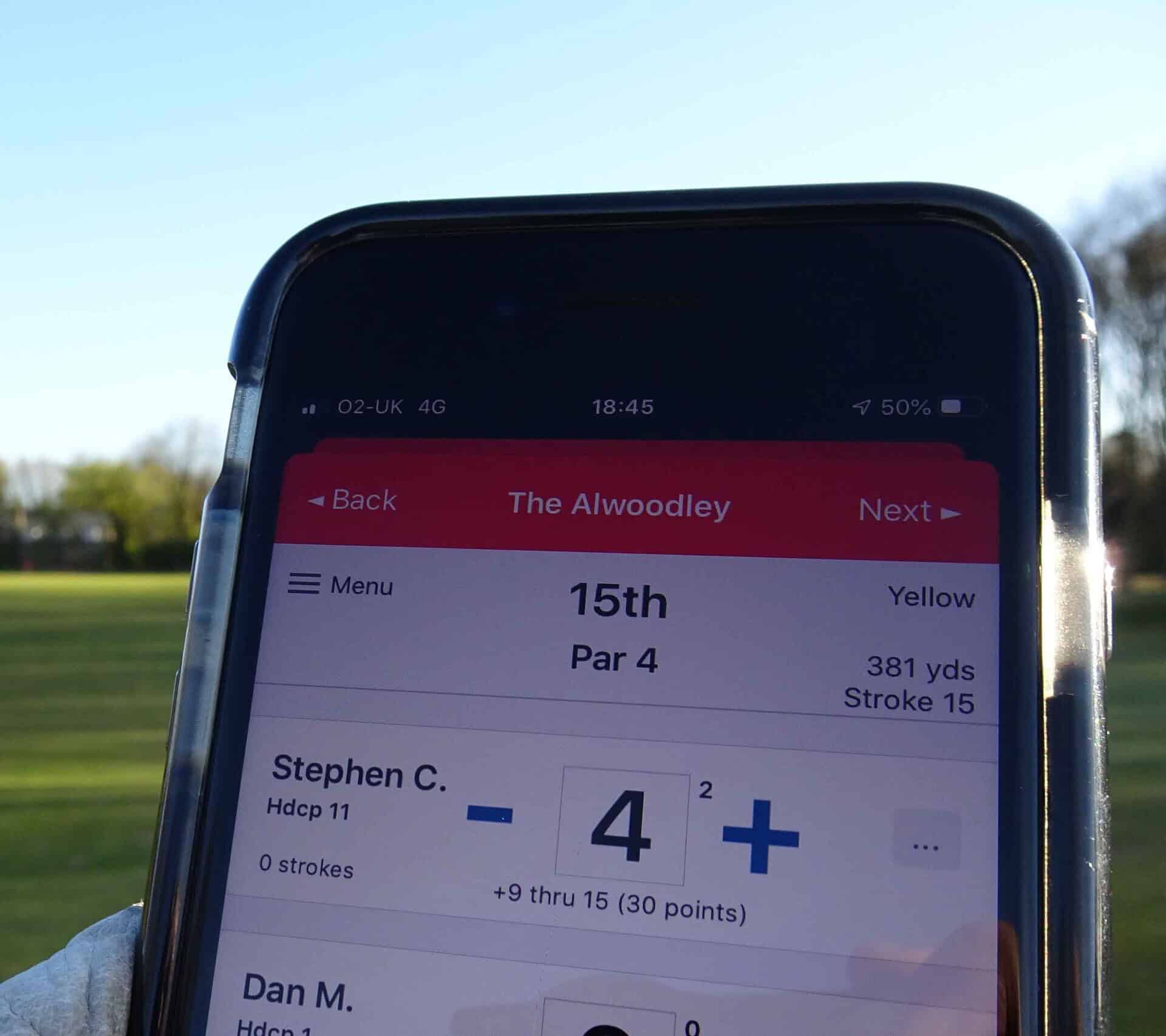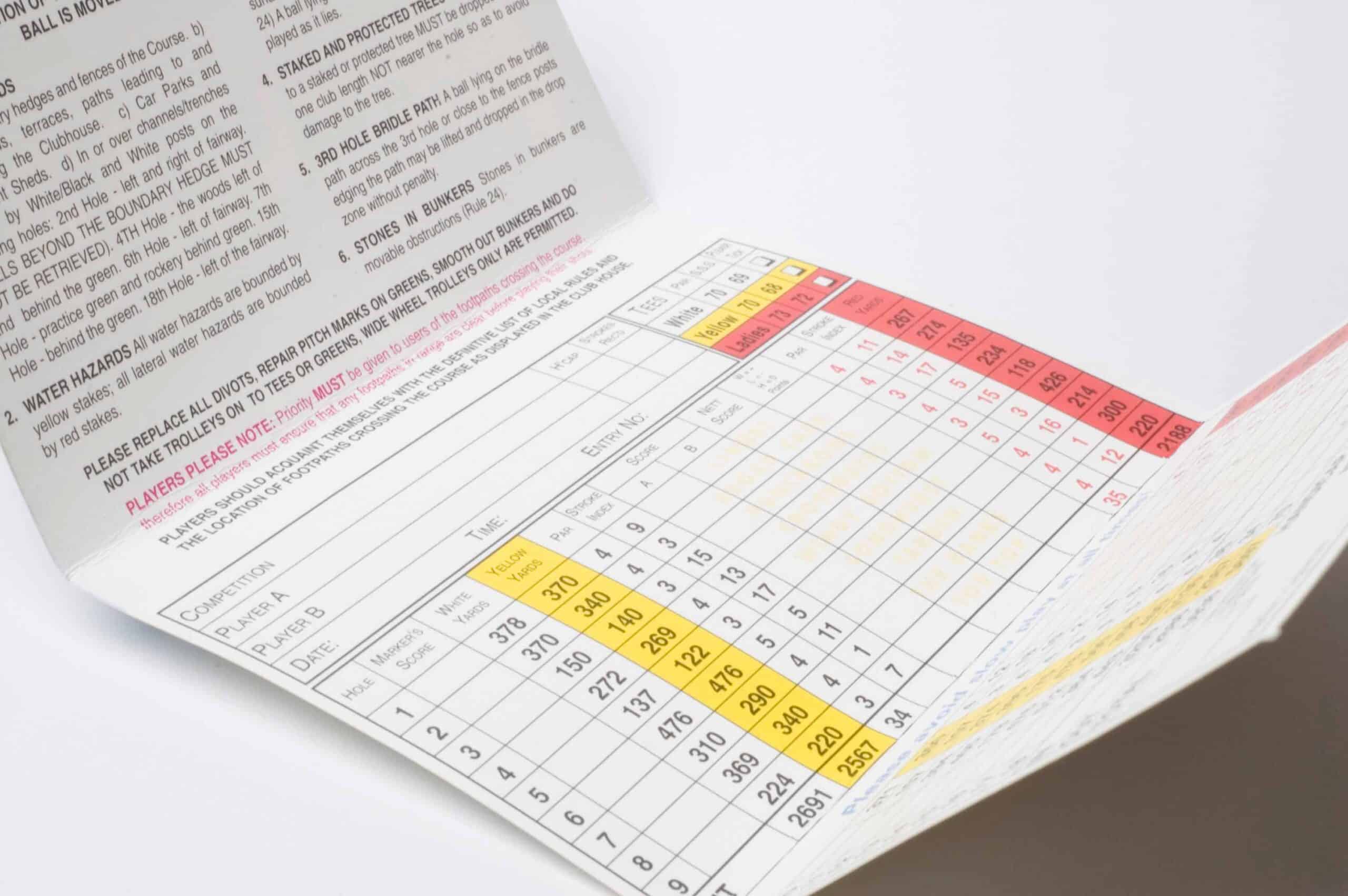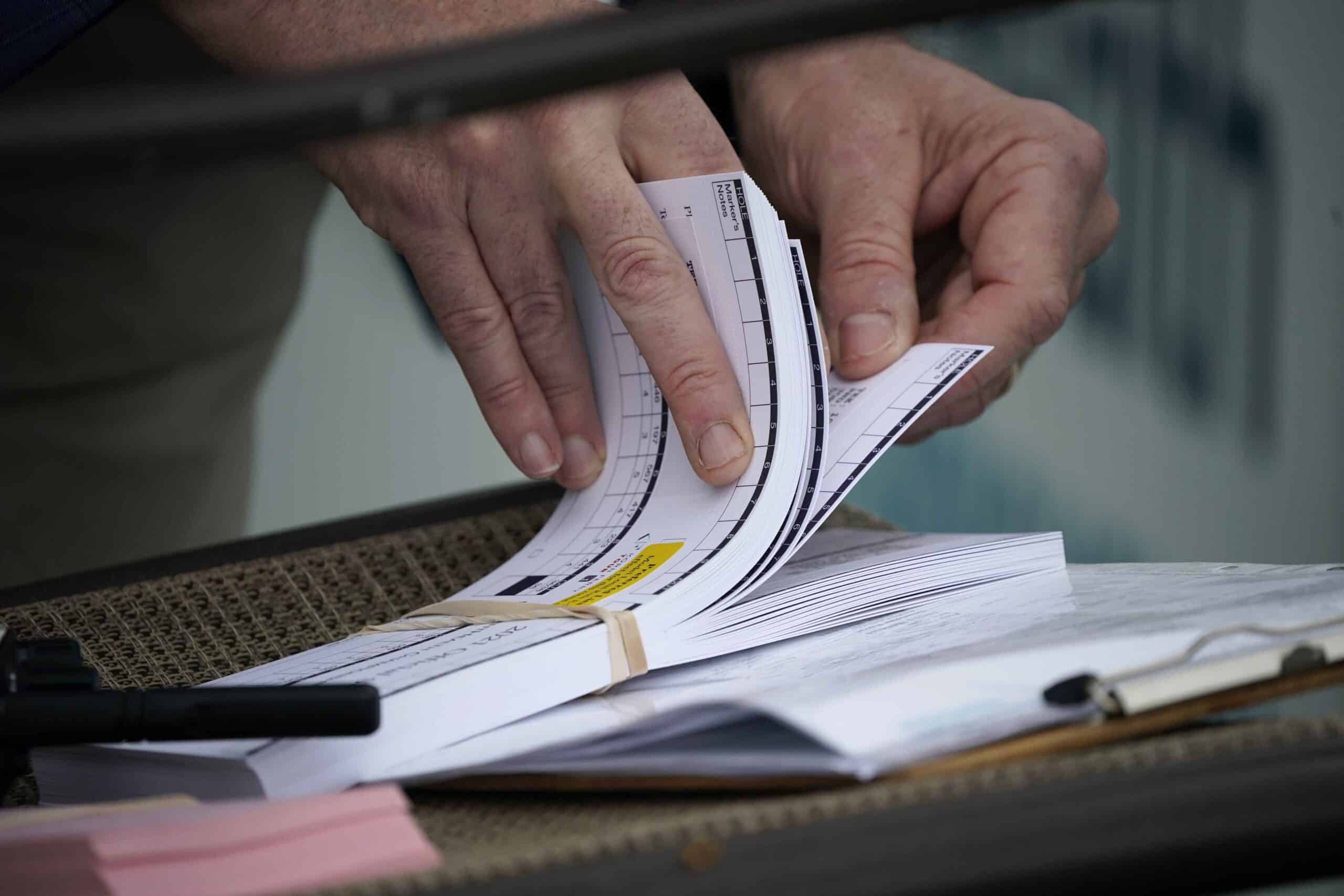
There is a new way of sorting out when you’ve not played a hole: Explaining ‘Expected Score’
How you’ve played during your round now decides how your ‘missing’ scores are calculated when you don’t play a hole, or how 9-holes are scaled into 18
You know 9-hole scores are acceptable for handicapping within Great Britain and Ireland. You also know you are required to submit a score even if you have not played or finished a hole.
But the way those calculations are made – upscaling a 9-hole score into 18 and adding numbers to your score differential for a hole not played – have changed.
It’s now called ‘Expected Score’. Here are the key details you need to know…

WHS Changes 2024: What is Expected Score?
This is a change in the way 9-hole scores are upscaled into 18-holes. It is also a change in how any holes not played during a round are dealt with.
It aims to make player handicaps more accurate by providing a better prediction of what a player would score on those holes rather than using net par.
How did it work before April 2024?
For a hole, or holes, not played, if a minimum number of holes have played in a round then a score was scaled up to 18-holes. It was done like this for each hole:
- At least 10 holes played: Add net par, plus one additional stroke for the first hole played.
- At least 14 holes played: Add net par.
Even though the reason for not playing a hole had to be valid, this still raised some concerns of the potential for scores to be manipulated.
A 9-hole score was scaled up to an equivalent 18-hole score differential in a similar way – by adding net pars for the remaining holes plus one additional stroke for the first hole not played. That means 17 points.
The Rules of Handicapping said “the second 9 holes used for scaling up is always the same 9 holes that have been played”.
How does Expected Score work with 9-hole scoring?
It is an automated calculation – combining the 9-hole score differential that has been completed with a player’s expected score over 9 holes.
While not revealing exact specifics of the calculation, The R&A said it does not take the front or back 9 of the course that has been played. It’s based on a course slope of standard difficulty and your Handicap Index. The Expected Score calculation is personal to each player.
When the 18-hole differential is calculated, it’s then rounded to the nearest tenth. .5 will be rounded upwards.
Rounds of fewer than 9 holes are not acceptable for handicap purposes.
How does Expected Score work with holes that are not played?
As with 9-hole upscaling, it’s an automated calculation and uses selected criteria to create a 9- or 18-hole score.
Essentially, it works out a score differential for the holes not played using the scores the player has already recorded and the rating of those holes played.
The score differential from those holes played is combined with the expected score differential to produce either a 9- or 18-hole total.
If a player starts a hole, but doesn’t finish it, then a net double bogey is still be applied to their score.
Handicap chiefs said it is a more accurate way of calculating scores, compared with using net par, and will produce more accurate handicap indexes.
Now have your say
What do you think of Expected Score and this World Handicap System change? Get in touch on X?
WHS Changes 2024
- Huge changes are coming to WHS! Here’s what you need to know
- Your fourball betterball score could soon count towards your handicap!
- What is Course Rating minus Par?
- You can put in a score on Par 3 course?!
- Competitions over odd numbers of holes?
- What’s happening to my Course Handicap?
- It’s all about the governance! Why the R&A and USGA have carried a review of the World Handicap System
Steve Carroll

A journalist for 25 years, Steve has been immersed in club golf for almost as long. A former club captain, he has passed the Level 3 Rules of Golf exam with distinction having attended the R&A's prestigious Tournament Administrators and Referees Seminar.
Steve has officiated at a host of high-profile tournaments, including Open Regional Qualifying, PGA Fourball Championship, English Men's Senior Amateur, and the North of England Amateur Championship. In 2023, he made his international debut as part of the team that refereed England vs Switzerland U16 girls.
A part of NCG's Top 100s panel, Steve has a particular love of links golf and is frantically trying to restore his single-figure handicap. He currently floats at around 11.
Steve plays at Close House, in Newcastle, and York GC, where he is a member of the club's matches and competitions committee and referees the annual 36-hole scratch York Rose Bowl.
Having studied history at Newcastle University, he became a journalist having passed his NTCJ exams at Darlington College of Technology.
What's in Steve's bag: TaylorMade Stealth 2 driver, 3-wood, and hybrids; TaylorMade Stealth 2 irons; TaylorMade Hi-Toe, Ping ChipR, Sik Putter.










